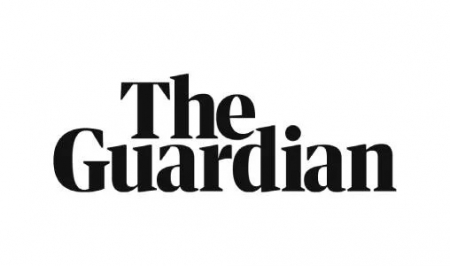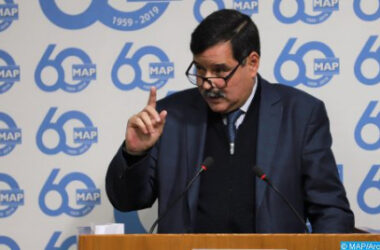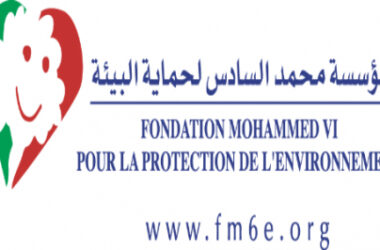The office of the UN high commissioner for human rights (OHCHR) on Friday became the latest international organisation to criticize French policing, saying the shooting was a “moment for the country to seriously address the deep issues of racism and racial discrimination in law enforcement.”
The death of the teenager, identified as Nahel M, was the third fatal shooting by police during traffic stops in France in 2023. There were a record 13 such shootings last year, three in 2021 and two in 2020. “Most of the victims since 2017 have been of black or Arab origin, reinforcing claims by rights groups of systemic racism within French law enforcement agencies,” the daily stressed.
Beyond an institutional racism, French policing has a tendency to violence that has been highlighted by groups including Amnesty International, Human Rights Watch and the Council of Europe. Police truncheons, teargas grenades, rubber bullets and larger “flash balls” have inflicted extensive physical injuries during demonstrations.
Long a taboo subject, French policing, seen by many as instinctively repressive and favoring disproportionate force, has become a major political issue, particularly since the gilets jaunes protests of 2018 and 2019 in which an estimated 2,500 protesters were injured, several of whom lost eyes or limbs, says the daily.
Experts who study policing across Europe point to a fundamental difference of structure and approach that goes beyond strategy and tactics, the daily argues, pointing out that French police and gendarmes see themselves generally not so much as servants of the people but as protectors of the state and government.
Consequently, the public’s relationship with the police is different in France than in, for example, Scandinavia, Germany or Britain. This, combined with France’s long tradition of political street protest, produces an explosive cocktail.










